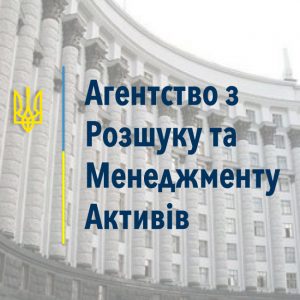The Civilian Security Sector
What is The Civilian Security Sector?
Every nation state has an obligation to ensure security for itself and its citizens. Typically, the state also devises a series of laws that provide for the implementation of security-sector rules and regulations. Security agencies of the state are the bodies responsible for making sure these laws are enforced – that the rule of law is upheld.
Every state differs slightly in terms of which agencies make up the security sector, what these agencies are called, and how they are delineated under each government’s own particular administrative structure. In general, the security sector is comprised of a military component (the army, navy, special forces, etc) and a civilian component (internal security of the state).
The civilian security sector in Ukraine is comprised of law-enforcement agencies such as the Ministry of Internal Affairs, National Police, State Border Guard Service, National Anti-Corruption Bureau and Security Service of Ukraine; and rule of law agencies such as the Ministry of Justice, General Prosecutor’s Office, and local courts system; with roles also being played by civil society and the parliament of Ukraine.
At present, Ukraine lacks a strategic approach to the sector as a whole, and individual civilian security sector strategies. Following the Maidan Revolution of 2013/14, and the subsequent signing by Ukraine of an Association Agreement with the European Union, reform has moved to the top of the agenda for the Ukrainian government and its EU and international partners. Within that context, reform of the civilian security sector has been identified as a key priority.
Citizens of Ukrainian are demanding comprehensive, systemic, reform. The Ukrainian government has taken some positive steps towards reform, and clearly outlined its reform priorities in areas such as anti-corruption, the police, and the judicial system. However, low levels of public trust in the political, law-enforcement and judicial systems is evidence that much more needs to be done before the expectations of the Ukrainian public are met.
Reform of the civilian security sector is not possible without also integrating cross-cutting priorities such as anti-corruption, good governance, and human rights and gender equality – these play a part in each of EUAM’s five priorities and are relevant for all agencies of the civilian security sector.
Main institutions we work with
LAW ENFORCEMENT and RULE OF LAW
-
National Guard of Ukraine
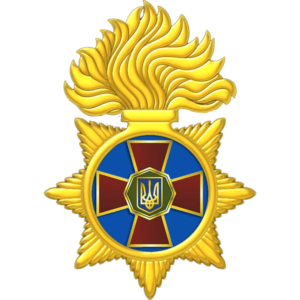
-
National Anti-corruption Bureau of Ukraine
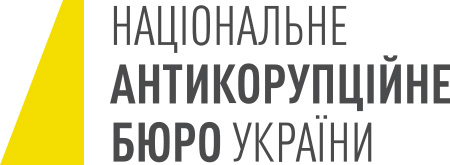
-
Specialised Anti-Corruption Prosecutor's Office
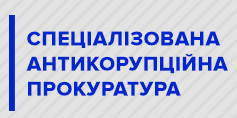
-
prosecutor general's office of ukraine
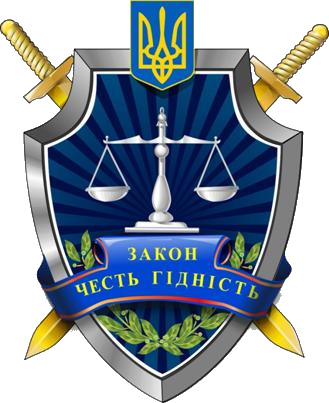
-
national security and defence council of ukraine
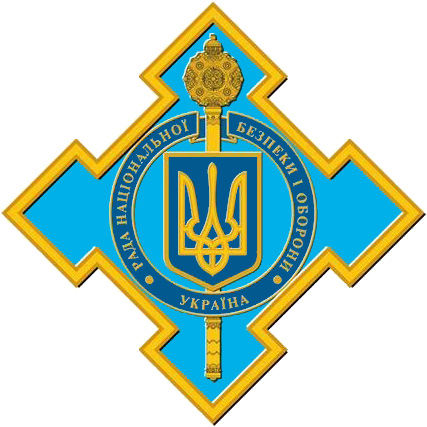
-
COUNCIL OF JUDGES OF UKRAINE
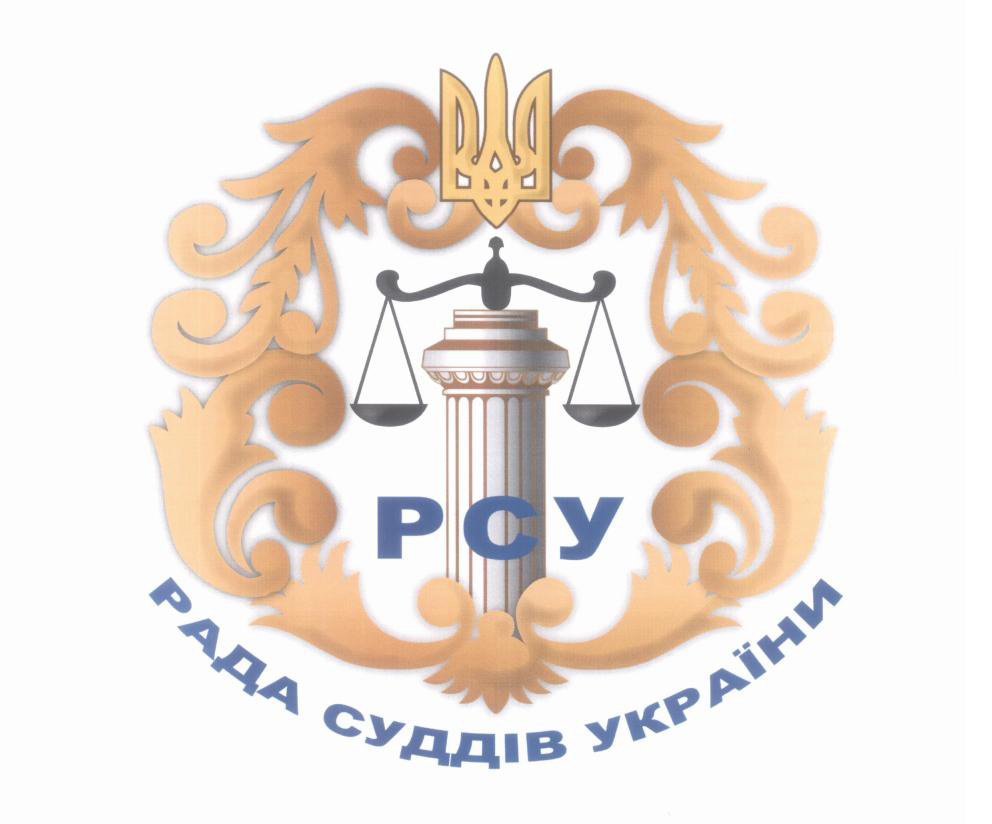
-
supreme court of ukraine

-
ministry of justice of ukraine

-
national police of ukraine

-
patrol police
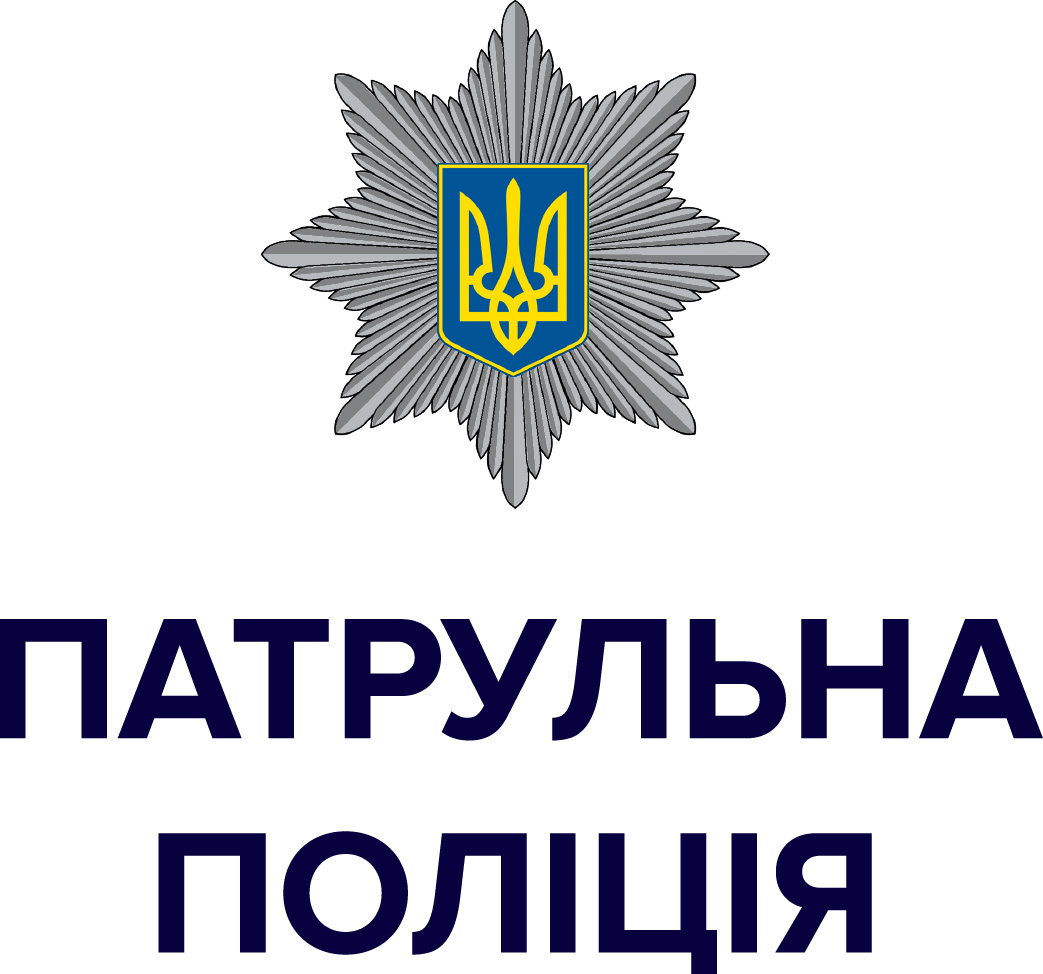
-
ministry of interior of ukraine
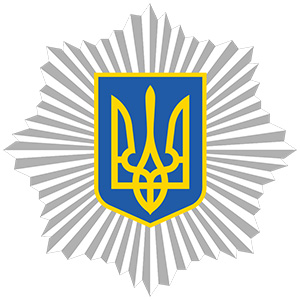
-
State customs service

-
Security Service of Ukraine

-
State border guard service
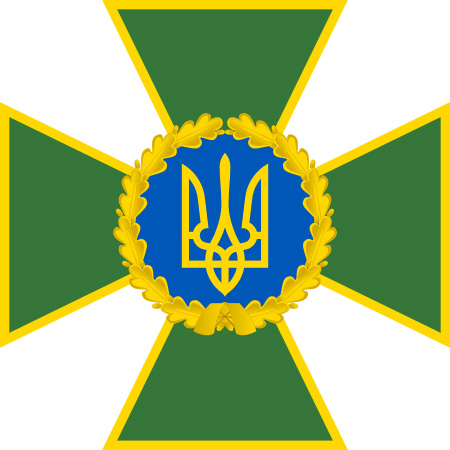
-
Assets Recovery and Management
